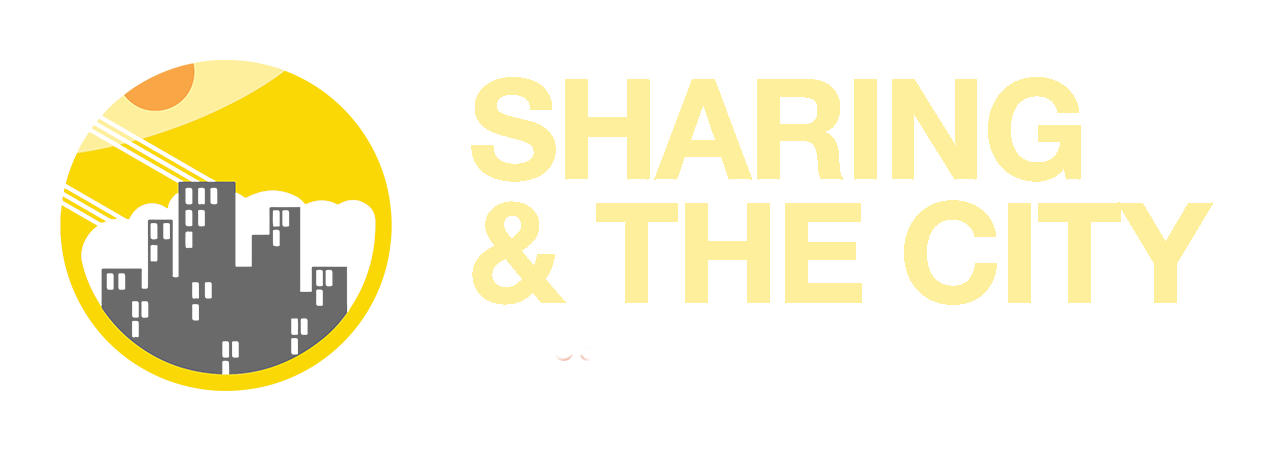NEW PUBLICATION - A DECADE OF THE SHARING ECONOMY: CONCEPTS, USERS, BUSINESS AND GOVERNANCE PERSPECTIVES
Sharing and the City researcher Yuliya Voytenko Palgan together with researchers from the IIIEE at Lund University and Royal Institute of Technology (KTH) Oksana Mont, Karin Bradley and Lucie Zvolska published an Editorial for the Special Issue of the Journal of Cleaner Production on the Sharing Economy providing an overview of a decade of research on the sharing economy in terms of conceptual developments, users of the sharing economy, business models and actors and governance issues.
Read the full article here.
ABSTRACT
Sharing economy platforms have been transforming production and consumption systems in cities around the world. While the sharing economy may contribute to addressing sustainability issues, its actual economic, social and environmental impacts remain poorly understood. Advancing more sustainably promising forms of sharing and leveraging its benefits, while circumventing its pitfalls, is becoming increasingly important in the era of Covid-19 and climate crisis, economic downturn and uncertainty, and loss of social connectedness, particularly in anonymous urban environments. The ways to capitalise on strengths of the sharing economy are still poorly understood. In particular, theroles and perspectives of users, businesses and municipal governments in institutionalising the sharing economy in various geographical contexts are essential to examine. This volume seeks to advance the research field by focusing on four research areas: 1) understanding the sharing economy conceptually; 2) user perspectives on the sharing economy; 3) business perspective on the sharing economy; and 4) urban governance perspective on the sharing economy. The twenty articles in this volume discuss sustainability implications of the sharing economy from different perspectives, in various geographical contexts, and drawing on a range of disciplines. The volume makes a significant contribution by bringing in empirical findings from emerging and developing economies, including Brazil, China, Indonesia, Poland, the Philippines, South Korea, Thailand and Vietnam, thereby supplementing more frequently discussed perspectives from high-income countries. The volume also outlines the course for future research.

